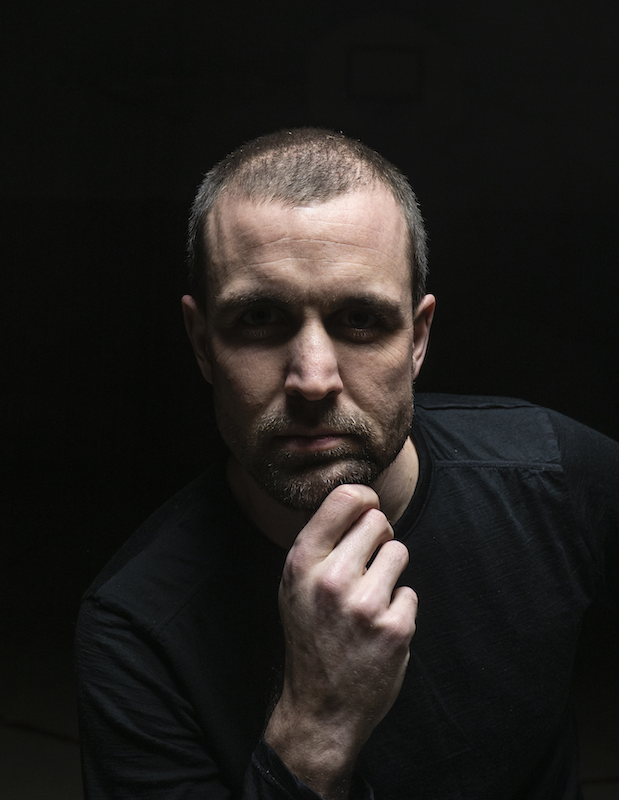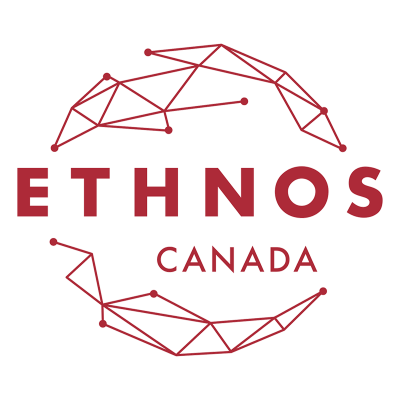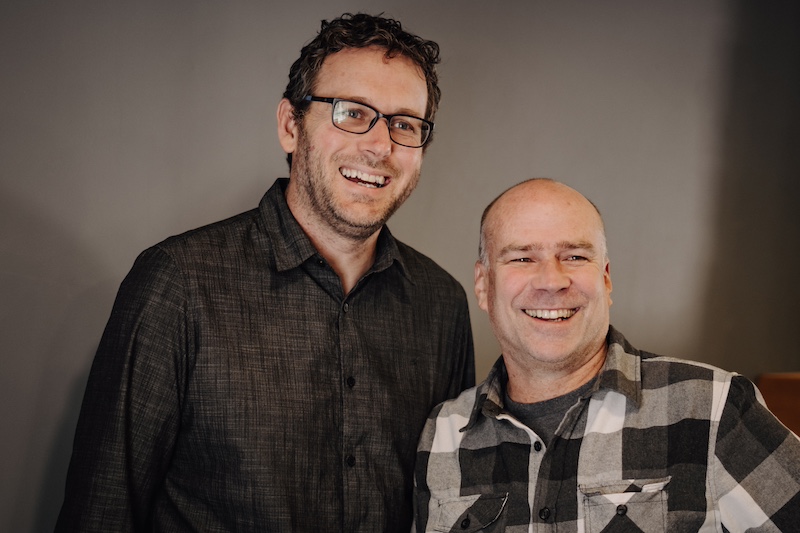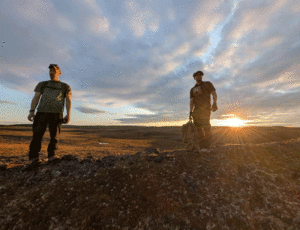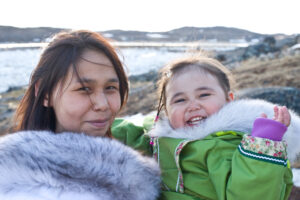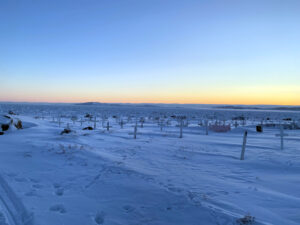God has been the one leading Ethnos since our inception in 1942. For more than 80 years, He has proven Himself incredibly capable. Those 80 years have not been without challenges and change.
One thing that hasn’t changed is our commitment to a team approach to ministry. From the beginning, we have valued interdependence and a team approach to ministry.
What has changed over the years? — who is providing leadership. On one hand, the number of men who have shouldered this responsibility continues to grow. On the other hand, it is God who is in charge, and these men have simply been following Him.
Since 2010, Tim Whatley has been the Executive Director1 of Ethnos Canada. But really, God was the one leading before Tim assumed this role. God is leading now, while Tim Whatley and Shaun Humphreys share this responsibility. And God will be the one leading when the mantle is passed onto future leaders.
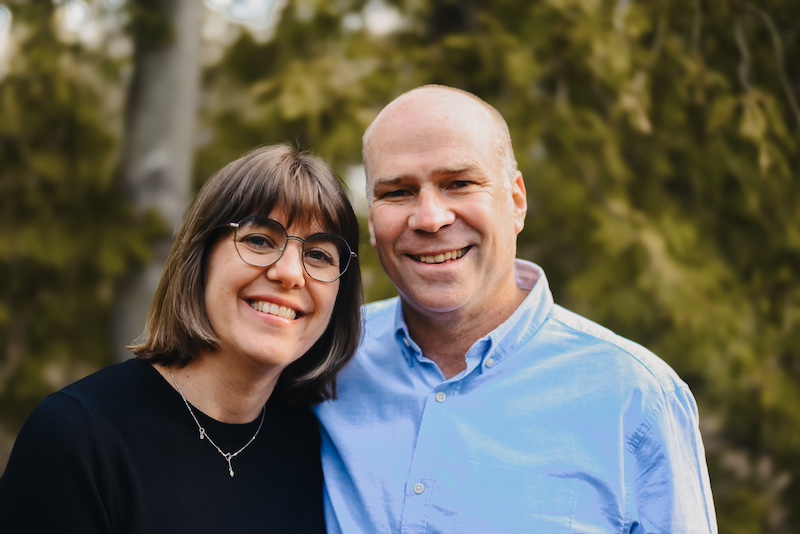
Tim Whatley
How did your childhood shape you and prepare you for leadership?
“I had the privilege of growing up in Asia Pacific, where my parents and their coworkers presented the gospel to the Lauje people. There are now thousands of believers in a growing group of churches among the Lauje.
“As a child there were two things that had the greatest impact on me. When I was eight years old, one of my closest friends died of cerebral malaria. I watched her die a horrible, grotesque death. As an eight-year-old, it struck me; she’s never heard of Jesus. That’s driven me pretty much my whole life; that those that have never heard need to hear.
“The second impact was watching my dad. He was an Air Force officer. He was trained in leadership; he was a good leader. Seeing how my Dad led in so many contexts had a big impact on my heart and my appreciation for leadership.”
Were there others that had an impact on you during your childhood?
“When I was a teenager, Tom Embaugh was our Field Chairman. I remember ‘Uncle Tom’ would always sit and listen. He had a heart for people. I remember one time I went to his wife with concerns about the dorm I was living in. She sat and listened; I understood my concerns were important to her. And then I saw Tom and her make changes within weeks. I was just a teenager, but they took my concerns seriously. That had an impact.
“As an adult serving on the field, I also highly respected Don Alderman, our Field Chairman. I saw him fail a couple of times. Mistakes were made. Unwise decisions were made. As I watched it just struck me, ‘He’s just like the rest of us; he’s still human.’ I saw him own his failure. I saw that God works with our failings and uses then.
“I learned to not be devastated by failure. I learned to forgive others, and to forgive myself. I learned that my ability to lead is not based on my strengths, my ability, my perfection. Any success in leadership is totally because of the Lord; we need to always keep that perspective.”
What was one of the first seasons of leadership you had on the field?
“My wife, Kathy, and I were one of five families working together to open a new region on the field. It wasn’t very long before we had more families joining and the need for local leadership became evident. I felt I was an obvious choice, but two other men were chosen over me. This was good for me. I wasn’t all that I thought I was. Not being chosen for leadership had a big impact on me; it was very positive but also very disappointing and embarrassing.
“Then within a year both of those men were no longer leaders, and the field committee asked me to lead. By this point, my heart was set on getting into the tribe; I was no longer interested in being in leadership. Being thrust into leadership when I wasn’t looking for it or wanting it anymore also had a big impact on me.”
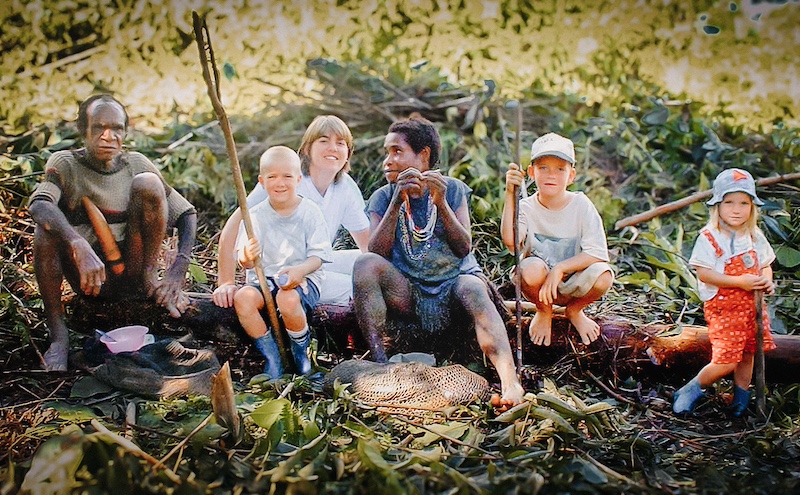
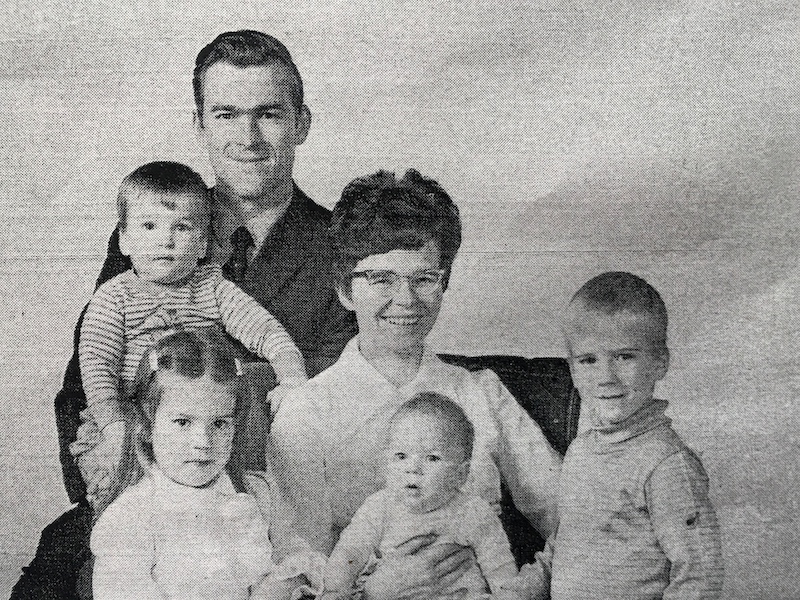
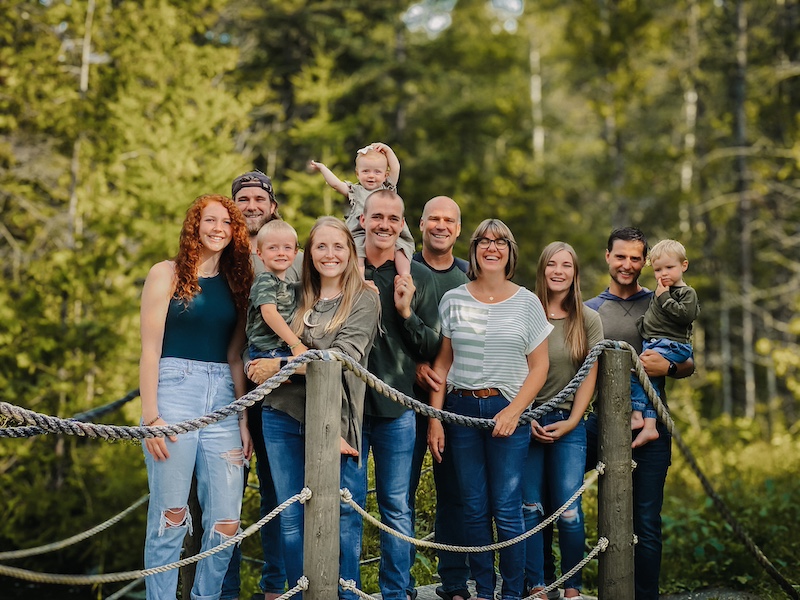
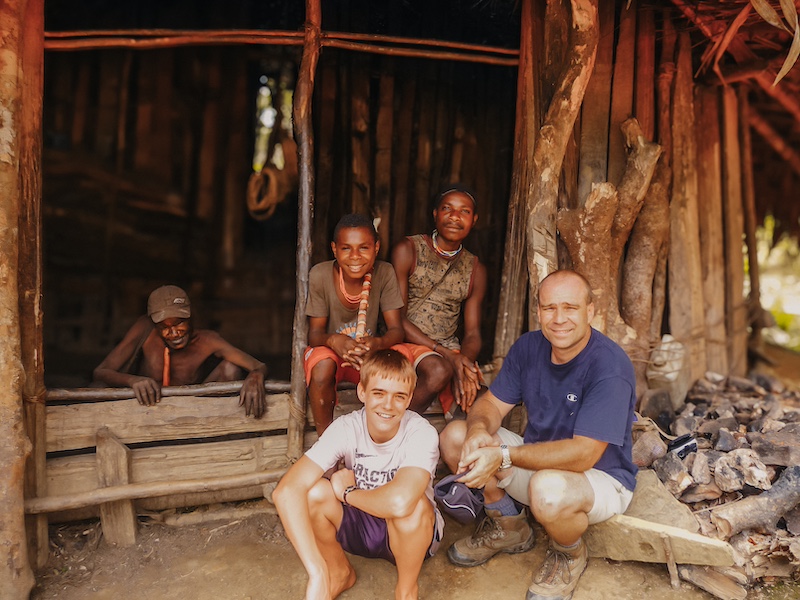
How did God position you as a co-chairman of the Field Leadership Team?
“When I was asked to join the Field Leadership Team for Asia Pacific, I was young compared to the rest of the team. One of them was in his seventies. One of the men who had helped open the field in 1970, Ron Berglund, didn’t like to buy his bananas green because he didn’t know if he’d live long enough to eat them. That’s what he told us often. They were getting older, so they had asked me to join the leadership team. There was an intentional investing into me as an up-and-coming leader.
“There were 4-5 years when Kathy and I were still part of a church planting team in the remote Moi tribe, and I was serving on the leadership team. During that time, Kathy got very sick, so we moved to town, just temporarily we thought. The number of families serving on the field began to grow for the first time in many, many years. We had 20 new families coming to the field.
“Then our Field Chairman, Don Alderman, died unexpectedly in a car crash while visiting the USA. We were surprised, but God wasn’t.
“I didn’t have the age or experience, I was still pretty young to be the chairman of the field. Another candidate for chairman was Doug Berglund, but neither of us had the time nor the desire to be the chairman.
“There were areas I excelled in, like recruiting young families from North America and working with them when they arrived on the field. Doug’s strengths were more with our national families and working with families who had been serving on the field for years.
“As the Field Leadership Team met and prayed about which of us should take up the mantle of ‘chairman’, by the grace of God, a third option surfaced.
“The idea of a ‘co-chairmanship’ was suggested even though it had never been done before. Immediately Doug and I realized we could do this and do it well, together. We were very different, but we complemented each other very well with our different strengths. Sharing the responsibility made it doable, and to this day, the field still has a co-chairmanship. Looking back, I can see God leading in a strong way. ”
How did God reposition you to be the Co-Executive Director of Ethnos Canada?
“We loved serving on the field. In 2009, we were heading home for a 10-month furlough and the Lord just gave us the clearest impression that there was a change in seasons coming. We assumed it was to somewhere else in Asia Pacific, maybe to another region we thought we’d be opening up. Before leaving for Canada we sold everything.
“On our way home we stopped for some leadership meetings in the USA. Ray Jones, the Chairman of Ethnos Canada at the time, pulled me aside and said, ‘I am recommending you to take my place.’ My answer was very simple: ‘Frankly, I’m not interested.’
“Ray was ready for retirement, and the Board of Directors for Ethnos Canada was looking for someone to take the mantle. Up to this point, Ethnos Canada had never had a chairman with field experience; the Board wanted the next chairman to have field experience.
“It took Kathy and me a long time to say yes. The Lord had to convince us this was what He wanted.
“The night Ray first told me that he’d recommended me, I had gone home and told Kathy, ‘I’m not interested, but maybe when I’m old. If I ever did, I would revamp some things.’ That night I mapped out on a napkin how I’d update the leadership structure of Ethnos Canada.
“I avoided meeting with the Board of Directors for months. The morning before I finally did meet with them, Kathy and I prayed that I could say no. In the meeting, the first thing the Board did was slide a piece of paper across the table. They had mapped out how they would like the leadership restructured and it was exactly what I had mapped out on my napkin all those months earlier. On my napkin I was serving as a co-chairman.
“That made me realize I had to listen at least. God was up to something.
“I have had the privilege of serving alongside a number of men over the last 13-plus years. They have all been wonderful, but one that stands out is Ed Esau. When Kathy and I were training to be church planters, Ed was one of our trainers. He had discipled me. The way Ed has chosen to take my lead with great humility these last 13 years has had a huge impact on me.
“Like Ed, the others I have led alongside have been older than me, that is until Shaun Humphreys joined me as Co-Executive Director.”
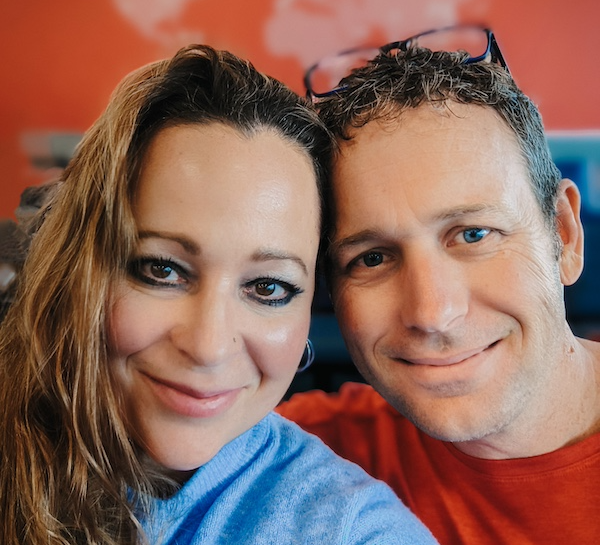
Shaun Humphreys
How did your childhood shape you and prepare you for leadership?
“I was born in Paraguay and grew up there. As a family, we moved to a tribal village when I was one and a half. I learned English at the same time as I learned Manjúi, the language of the people my parents were planting a church among.
“One of the things that really had an impact on me, even as a young kid, was the drastic change I saw in the village when the gospel was understood.
“Every night we’d go to sleep to the noises coming from the outside. The beat of drums, the chanting of the witchdoctors, the wailing of people who were either sick or had a loved-one who was sick — all of it communicating hopelessness — these were the sounds we fell asleep to.
“After the Manjúi heard the gospel and learned about the true hope available from God, the difference at night was shocking.
“Before, we could barely hear the animals of the forest. Now we were hearing frogs. Now we were hearing owls and the crickets at night. But we weren’t hearing the drums. We were not hearing the wailing and witchdoctors. That fear that the people had in the village had disappeared. Seeing them move from darkness to light had a huge impact for me as a young kid.
“Then when I was 16, I was baptized with the first Manjúi believers. The part of Paraguay I am from, it is like South Texas, there is hardly any rain. So for the baptism, they dug a hole in the clay, filled it full of water. Seeing the joy on their faces was incredible. As they were coming out of this muddy water, with mud running off their heads, down their bodies, their smiles were huge. They couldn’t help but tell the rest of the village, ‘Hey, I want to tell you that I am following something different now.’ That had a huge impact on me.”
What examples of leadership have had the most impact on you over the years?
“Paul Wyma is one person that comes to mind. He had a huge love for people. Even though I was just a kid, there was never a time when I felt like I didn’t matter.
“He had a natural desire to disciple others and see them grow. He wanted to pass on to others what God meant to him. He modeled what godly leadership looks like, with a desire to lead others in the same way God was leading him.
“Another person I learned from was James Camacho, the Field Chairman in Paraguay at the time my wife, Melanie, and I first moved to the field. We were a young family with a couple of toddlers. James came alongside us and we got to see how he led his family. We also got to see him make mistakes and fail and own those and continue to lead.
“I was a nobody, we were fresh on the field and his willingness to invest time and essentially take a risk on me was huge. One thing I remember him saying is, ‘Don’t ever waste your time by going anywhere by yourself.’ He was always taking me or someone else with him so that we could see what serving people through leadership looked like. He saw each trip as an opportunity to disciple someone.”
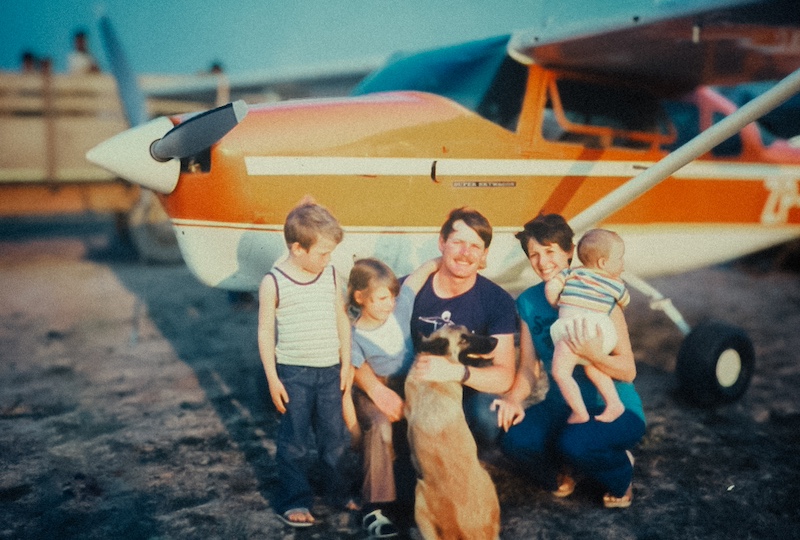
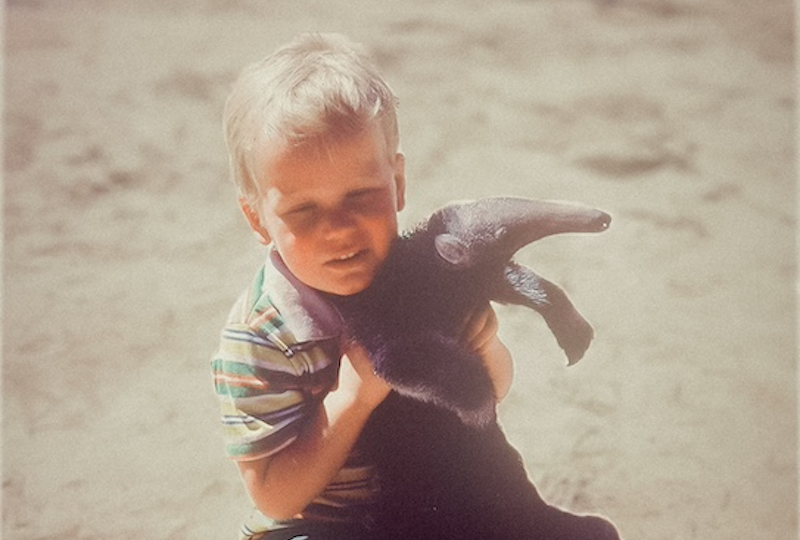
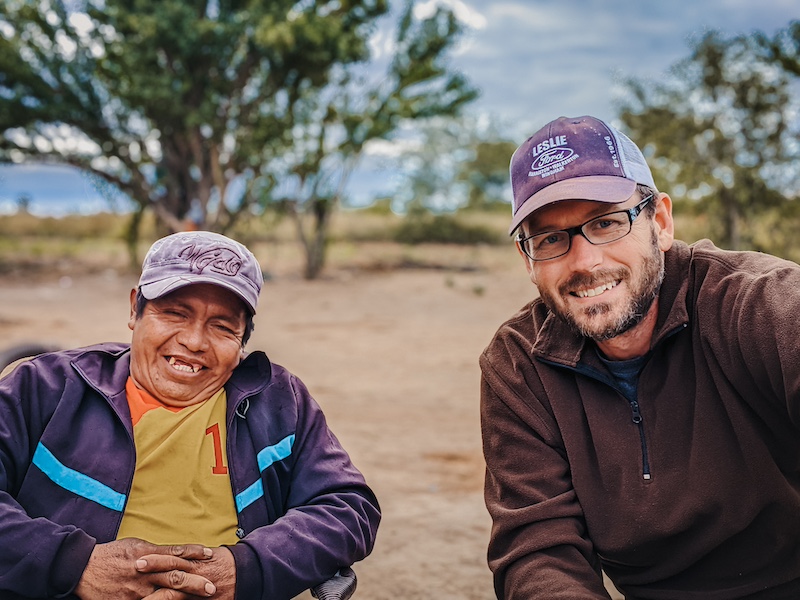
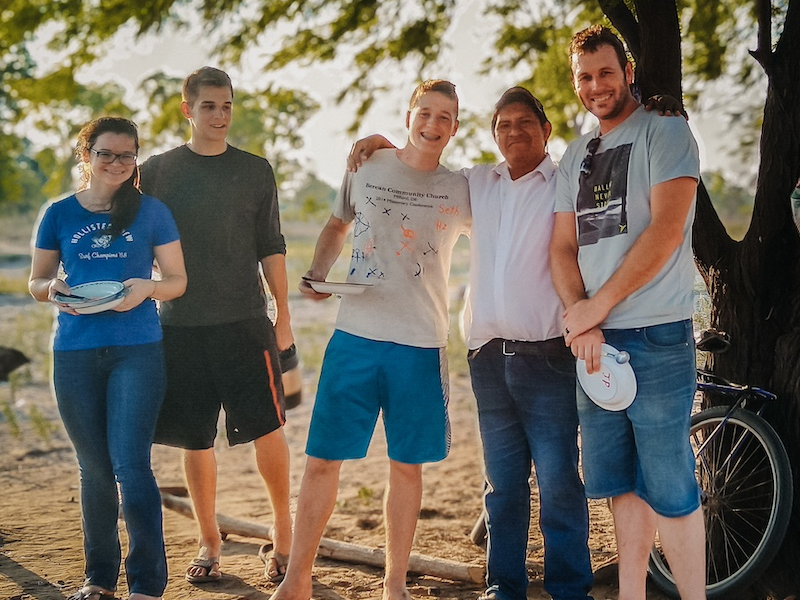
What was one of the first lessons God taught you about leadership?
“The first time I remember being given a leadership role was in high school. I was asked to oversee the AWANA program at the boarding school I was attending in Bolivia. The program was for kids at the school, and kids from the community.
“As a senior in high school, I thought I was better at it than I was. The fact that the other leaders had all turned to me and said, ‘We want you to lead’ fuelled my self-confidence. But I didn’t know what leadership was all about.
“God giving me a chance to lead was actually a chance for me to see my own inadequacies and my need for a team around me. I learned that I did not have what it takes to lead even that small endeavour.”
Can you think of a time when God trumped your plans and led in an unexpected way?
“Absolutely. After about two years of culture and language study among the Nivaclé people, we had settled on a place we thought would work great to plant a church. We had talked to landowners and plans were already in place to buy land right adjacent to the village; a place where we could build a house and be in a great location to teach the Bible.
“We took a three-month furlough and shared our plans with our sending church. When we returned to Paraguay and the community we hoped to move to, we found out that the local government would not allow us to build our house and live there. We were never given a reason. We had to start over and look for a different village to begin our teaching ministry in.
“We found out years later that the village we picked would have been the worst place to start. We had done everything humanly possible to narrow it down to that village. It ticked all the boxes of being a great location; being central to the people group and having great access by road.
“Years later we learned that village was one of the lowest villages status-wise among the Nivaclé. It would have been an uphill battle to spread the gospel out from that location. God used that local government and their ‘no’ to redirect our path.
“Another time we saw God step in and change our plans was with the new ministry in Arctic Canada. Leading up to 2020, a lot of energy had gone into moving a church planting team up north to work with the Inuit, but the doors kept closing. We were praying and asking the Lord to show us if it was simply an issue of timing, or if we needed to give up on this dream of starting a ministry in the Arctic.
“Then, almost without any effort, things started to come together. We had people come forward who wanted to join this new ministry. Suddenly doors were opening in a location different from what we had been shooting for. We had our perfect plan, but God shut it down and said, ‘I have something better.’ Today we have three families in the Arctic, and Lord willing, more are moving there this summer.”
In 2020, four men were added to the Executive Leadership Team of Ethnos Canada. Shaun was one of them. In the spring of 2022, at the request of Tim and the rest of the leadership team, Shaun was appointed by the Board of Directors as Tim’s Co-Executive Director.
Serving as a team
Tim, what are the benefits of having Shaun as a Co-Executive Director?
“Shaun and his wife are more gifted than I am in a number of areas. Their ability to organize and bring clarity, it’s just not my strength.
“Shaun brings a lot of courage and the ability to make tough decisions.
“As a couple, they bring an ability to connect with and care for younger people. I love to disciple and shepherd people, but they bring a level of patience that I just don’t have. They take the time to dig deeper.
“Having Shaun join me as the Co-Executive Director helps us care for our most valuable assets, our people. On a relational level, some people will connect with Shaun and Mel better than with Kathy and me. There are others that find it easier to connect with Kathy and me, and take our lead.
“Shaun’s focus is more on the internal aspects of Ethnos Canada, which frees me up to focus on relationships with churches, schools and ministries across Canada. I also travel internationally a lot. So when I am away, our team of missionaries serving in Canada and overseas gets the care and leadership they need because Shaun is sharing the load with me. It was too much for one person.
Because Shaun and I both function as Executive Directors, it actually makes us more nimble. We can get stuff done quicker. Discussions and decisions don’t have to wait if I am away. Shaun is able to keep moving forward and care for people while I am away.”
“Having Shaun join me as the Co-Executive Director helps us care for our most valuable assets, our people.”
Shaun, what does Tim bring to the table?
“Tim is never scared to have huge dreams. One area where this is true is with younger leaders. He sees so much potential and is not afraid of the possible failures that people may have but actually sees them as opportunities for growth. Tim’s desire to walk with me as I entered into this is something that I want to emulate as we move forward and we look to younger leaders to develop.
“While Tim primarily focuses on connecting with Canadian churches and Bible colleges, and I focus more on the internal operations of Ethnos, we are both highly engaged on international aspects of Ethnos Canada and our ministries around the world. Tim has a depth of relationships and experience in this area that is a real asset.
“Tim and Kathy also have an incredible love for people. When they come for a visit2, we feel loved and encouraged; that’s one of the wonderful things they bring to the table.”
Moving forward with faith
What are your goals for the organization going forward?
“I’ll tell you one thing that we’re passionate about: there’s still a lot of people groups that don’t have the gospel, so we’re passionate about seeing Canadians challenged to give their lives in a career, a long term life commitment, to see something way bigger than them accomplished. We want to see more Canadians be a part of a team that’s bringing hope to a people group that is still waiting for the gospel. It is not okay that people are begging for missionaries and ‘God’s Talk’ and we don’t have enough people to send.
“We want to challenge and equip and help send as many Canadians as God will raise up. We want to see more Canadians going to places where people have never had a chance to hear one word about their Creator and His love for them. That’s our heart’s desire as long as we’re in leadership.
“We are excited to see that God is already doing this. We have a bunch of young people making plans to come be trained by Ethnos. Some of them are wanting to move to Arctic Canada, which is amazing. Others have their hearts set on Africa or Asia or Latin America. Others don’t know yet, but want to be used by God where the need is greatest, where the darkness is darkest.”
Use your vocational skills with Ethnos, or be trained for cross-cultural church planting. Find your place at ethnos.ca/go.
About the Author
Jason Bechtel and Angie, his wife, were both raised in rural Ontario. They moved to Durham to serve with Ethnos in 2006. In order to see a thriving church established for every people, Jason helps shape what people across Canada read, hear, touch, and click from Ethnos Canada. Angie serves in the K-12 school on the Ethnos campus. Huron Chapel in Auburn, Ontario, is their sending church.
